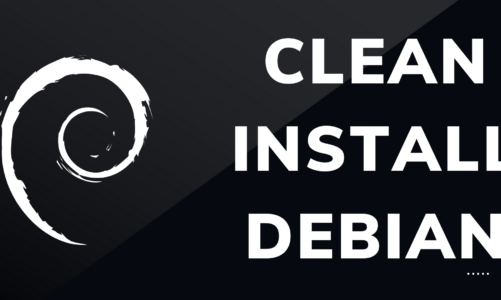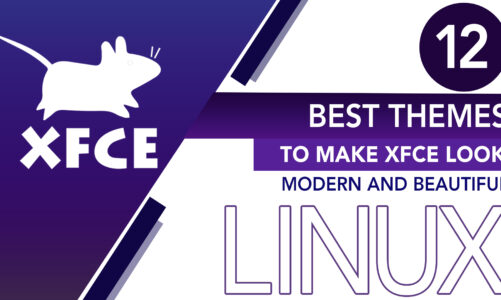Have you ever pondered on the reason why a large number of individuals are making a transition from the Windows operating system to Linux? Perhaps you’re also considering making the switch, but are unsure why this trend is happening. Is Windows not as compatible, or does Linux offer more features and benefits? Undoubtedly, there are added benefits that users are experiencing which are prompting the shift. In fact, Linux outperforms Windows in several key areas. Here are just five examples that demonstrate how Linux is doing better than Windows.
1: Security
- Linux is an operating system that follows an open-source approach, thereby allowing anyone to access and modify its source code. This unique feature enables developers and users to swiftly detect and rectify any security loopholes. Conversely, Windows is a closed-source operating system, indicating that the general public cannot view its source code for checking. This can make it more difficult to identify and fix security issues.
- Linux has a more granular approach to user account control than Windows. In Linux, users can have different levels of permissions for different tasks, which helps prevent malware and unauthorized access. In Windows, users typically have administrative privileges, which can make the system more vulnerable to attacks.
2: Customizability
- Linux allows users to choose from a variety of user interfaces (UIs) to customize the look and feel of their desktops. This is not possible with Windows, which has a fixed UI that cannot be modified.
- One of the notable features of Linux is its centralized package management system, which simplifies the installation and updating of software. This system ensures that all software is up-to-date and that no malware is installed. In contrast, Windows lacks a centralized package management system, which can make it more difficult to keep software up-to-date and secure.
3: Stability
- Linux updates are handled through a centralized package management system, which makes it easy to keep the system up-to-date and stable. Windows updates, on the other hand, are often disruptive and can cause stability issues.
- Linux has a more robust file system than Windows. This means that Linux can handle more files and directories without slowing down or crashing. In contrast, Windows file systems can become slow and unstable when handling large amounts of data.
4: Performance
- Linux uses system resources more efficiently than Windows, which allows it to run faster on the same hardware. This means that Linux can handle more applications and processes without slowing down.
- Linux boots up faster than Windows, which means that users can start using their computers more quickly. This is because Linux has a simpler startup process and fewer services that need to be loaded.
5: Open Source Community
- Linux’s open-source community, comprising developers, users, and enthusiasts, is a key factor that sets it apart from Windows. This community fosters innovation, creativity, and diversity in the development of the operating system, resulting in a more robust and transparent software free from vulnerabilities.
- In contrast, Windows is closed-source, with limited user control over the software and dependence on Microsoft for updates and fixes. Its community is less collaborative, with a team of developers working on the OS behind closed doors.
Conclusion
While both Linux and Windows have their advantages and disadvantages, Linux stands out in several areas where Windows lags behind. Linux is more secure, customizable, stable, and performs better than Windows in many respects. If you are looking for an operating system that is powerful, flexible, and secure, Linux is an excellent choice.
It’s worth mentioning that although Linux might excel in certain aspects, Windows still has a substantial user community and is extensively utilized across various industries. Thus, deciding between Linux and Windows eventually be influenced by personal requirements and preferences.


